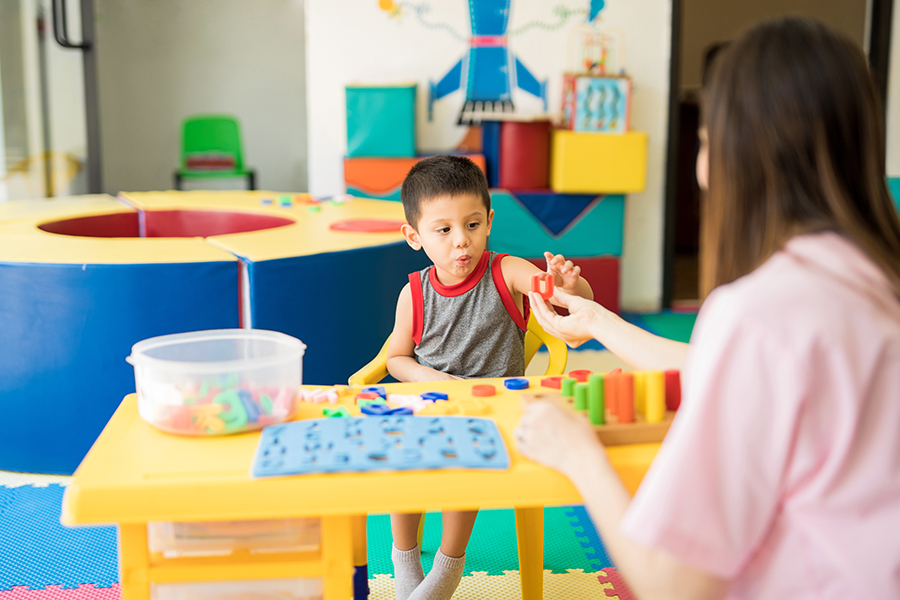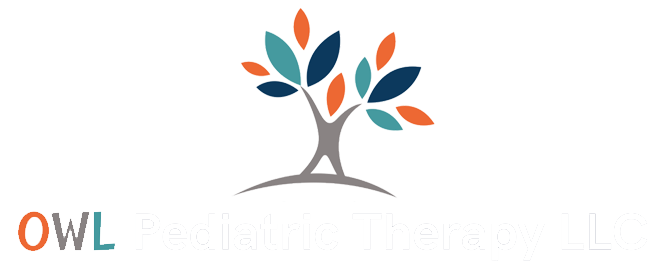
Some children are eligible for speech and language services through the public school system. It is important to understand the differences between school-based and private services.
What are the major differences between school-based and private therapy?
| Private Model | School-Based Model | |
| Eligibility | Delays and disorders are treated. A formal or informal assessment is used to determine the presence of a disorder or delay. In some instances, language differences are also treated in a private clinic (e.g. accent modification). There is no formal eligibility process.E.g. A six-year-old says /w/ for /l/. This could be treated in a private clinic, as 90% of children have developed /l/ by the age of 6. | Children are eligible for services through an eligibility process. For a child to be eligible there must be an identified disability that affects a child’s access to the school-based curriculum.E.g. A six-year-old says /w/ for /l/. The team determines that while there are delayed articulation skills, the team finds that the child is not eligible for school-based services because it is not a disability and does not impact access to the curriculum. |
| Goals | Goals are updated as often as appropriate. | Goals are written for a year. They can only be amended with a new IEP. |
| Grouping | Private therapy is typically performed in individual sessions unless working on social skills with other children. | Unless your child’s IEP guarantees it, school-based services typically are conducted in groups. |
| Communication | Communication occurs immediately following a session. The SLP can provide you with ideas about what worked well and things you can practice at home. | Communication with the school-based SLP is guaranteed yearly at the annual IEP meeting and written feedback is given as determined by your IEP (often as frequently as report cards). |
| Timing | Speech therapy can be conducted after school.Mutually agreed upon times between the clinician and family allow for uninterrupted services throughout the calendar year. | The child may miss classroom instruction to attend speech therapy.Therapy typically follows the school calendar (no services in the summer or school vacations) unless the student demonstrates substantial regression. |
| Training | A school-based and private SLP should have the same education, which is regulated by their governing body ASHA. No matter the setting you choose, be sure that your child is seeing a certified speech-language pathologist (CCC-SLP). Both within the school setting and privately, a clinician may specialize and have advanced training in a specific disorder. Ask your SLP about their experience working with a child like yours! | |
For a downloadable chart, click here: School-based vs. private model
My child was not found eligible for speech and language services through school? Can I still pursue private speech and language therapy?
Private therapy is a great option for children who do not qualify for school-based services. Because of eligibility differences, many children who do not qualify for school-based services may be able to receive private services instead.
My child receives school-based speech and language services, can I still receive private therapy?
Yes, in fact, many clients do receive both school-based and private services.
Call OWL Pediatric Therapy LLC at (978) 496-8313 to see if private speech and language therapy is right for your family.


